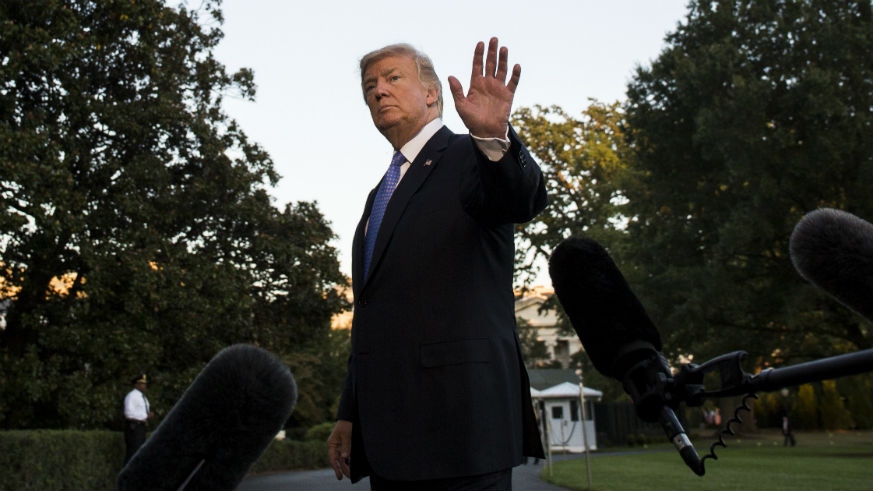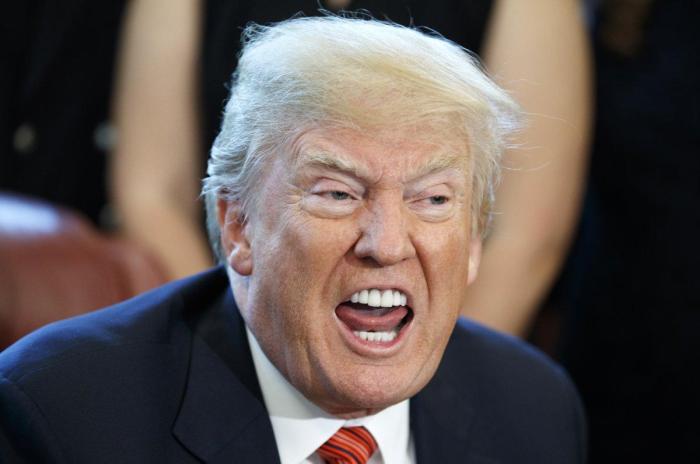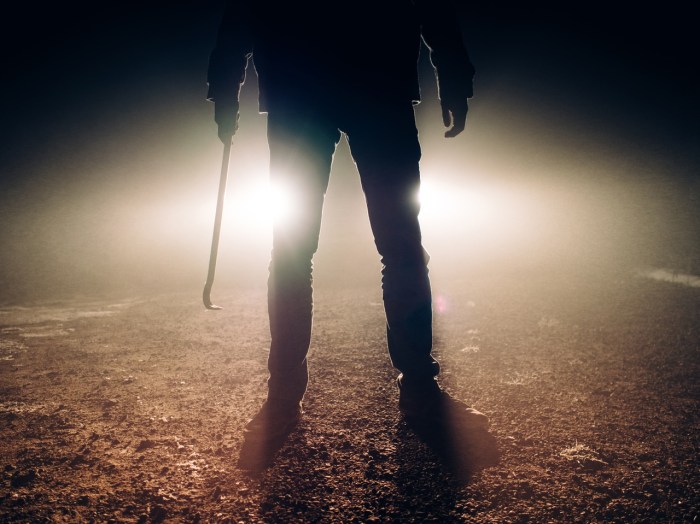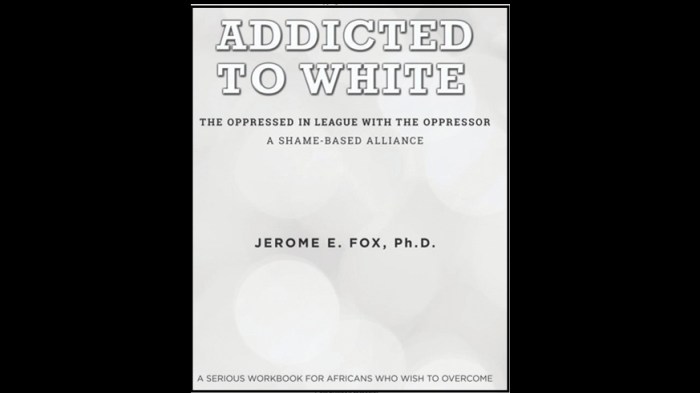A group of experts who have analyzed the president’s behavior have reached some scary conclusions about Trump mental health, concluding that he exhibits symptoms of paranoia, living in an alternate reality and three personality disorders. The analyses, collected in the new issue of Newsweek, include those of several experts who have studied areas such as violence, law and psychoanalysis.
Some of their findings:
Trump lacks a sense of reality
“Trump’s insistence on the truth of matters proved to be untrue (‘alternative facts’) is well known, even when such denial is not in his interest,” notes Dr. Lance Dodes of the Boston Psychoanalytic Society. He points to Trump’s embrace of birtherism and his claims that former President Obama wiretapped Trump Tower, that he lost the popular vote to millions voting illegally, and that his inauguration crowd was the biggest ever.
Lacking a sense of trust, Trump verges on paranoia.
Trump has often boasted about his lack of trust: “People are too trusting. I’m a very untrusting guy.” “Hire the best people and don’t trust them.” “The world is a vicious and brutal place. Even your friends are out to get you. They want your job, your money, your wife.”
“As president, Trump is systematically shredding trust in the institutions he now commands,” notes journalist Gail Sheehy, who says that he has alienated Republican leaders and the conservative bloc he needs to pass legislation. This, after calling former President Obama “sick” and Hillary Clinton “the devil,” comparing the 17 American intelligence agencies to Nazis, and dubbing the media “the enemy of the people.”
“The nonmedical definition of paranoia is the tendency toward excessive or irrational suspiciousness and distrustfulness of others,” writes Sheehy. “By his own words, Trump operates on the assumption that everyone is out to get him.”
He’s a perfect storm of personality disorders.
Trump acts only in the moment, with disregard for consequences and a primary focus on how things will affect him above others. “In Trump, we have a frightening Venn diagram consisting of three circles: The first is extreme present hedonism; the second, narcissism; and the third, bullying behavior,” says Phillip Zombardo, a professor emeritus at Stanford who authored the landmark Stanford prison study. “These three circles overlap in the middle to create an impulsive, immature, incompetent person who, when in the position of ultimate power, easily slides into the role of tyrant, complete with family members sitting at his proverbial ‘ruling table.’”
He makes his own truth.
“Time gave Trump an opportunity to clarify his refusal to correct his long string of falsehoods.” says Sheehy. “What the interview produced instead was an astonishing revelation of his thinking: He states what he wants to be true.”
He is unprecedentedly dangerous.
“Sometimes, a person’s dangerousness is so obvious that one does not need professional training in either psychiatry or criminology to recognize it,” says Dr. James Gilligan, a professor of psychiatry and law who is a violence-studies expert, looks to Trump’s own history of words and actions: His questioning why the U.S. has nuclear weapons if they don’t use them; his incendiary campaign against the African-American Central Park Five, accused of rape but later acquitted; his suggestion at a campaign rally that Second Amendment supporters should assassinate Hillary Clinton.
“If psychiatrists with decades of experience doing research on violent offenders do not confirm the validity of the conclusion that many nonpsychiatrists have reached, that Trump is extremely dangerous—indeed, by far the most dangerous of any president in our lifetimes—then we are not behaving with appropriate professional restraint and discipline,” he says.
Cue collective shiver.



















